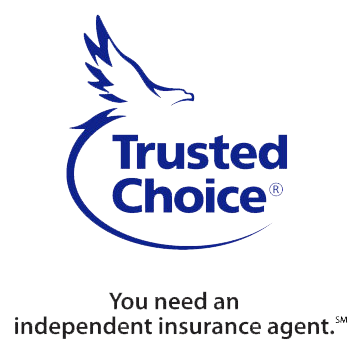As an insurance agent I am continuously asked: “Do you think I am paying too much for insurance?”, “Can you give me a ballpark of what I should be paying for auto insurance?” or my favorite, “My neighbor drives the same type of car and pays a lot less than I do”. I wish there was a simple answer to these inquiries. Unfortunately in today’s insurance market, there are many factors that can affect your auto insurance premium.
Most everyone knows the basic reasons:
- Driving record – accidents and violations
- Gender
- Age of driver(s)
- Age of and type of vehicle
- Where you live
- Vehicle usage/commute
- Coverage limits
But in recent years the insurance companies have added these factors that can carry more weight than the above:
- Insurance “credit” score
- Years with previous carrier
- Annual mileage
It is these last three items that really can differentiate your premium from your “neighbor” who drives the same type of car and has a “similar” driving record. For this reason it is necessary to do a comparative analysis of several carriers to find the best auto insurance coverage for you at the most competitive premium.
For many insurers, credit-based insurance scoring is one of the most important and statistically valid tools to predict the likelihood of a person filing a claim and the likely cost of that claim. Credit-based insurance scores are derived from information such as payment history, bankruptcies, collections, outstanding debt and length of credit history. For example, regular and on-time credit card and mortgage payments affect a score positively, while late payments affect a score negatively.
In addition to this, companies are now looking at the number of months with your carrier and add credit for longer “loyalty” to a company. In the current insurance market, individuals are encouraged to constantly shop for the best premium. Many people change companies every year to save money. The top carriers are partially responsible for this fact due to the barrage of advertising stating you are paying too much for your insurance. As a result of this constant movement, companies are now trying to restore loyalty by adding prior carrier longevity credits coming in and increasing renewal credits as you stay.
Finally, insurance carriers are not just paying attention to how far you drive to work but are also giving big credits for low mileage over the year. If the car is driven less, there are fewer opportunities for an accident. Cars driven locally on familiar roads are statistically involved in fewer incidents than vehicles driven longer distances that put on more annual miles. For example. more credit is given for vehicles driven less than 10,000 miles annually.
It is important to understand all of the factors that go into creating an insurance premium. Your insurance is much more than just a bottom line number to save money this year. Adequate levels of protection also should go into your calculation. An agent who understands both the rating system and the protection you require can help you navigate the world of insurance and save you time and money. Your independent agent can make sure you are with the right company over the long term as your vehicles and needs change. Independent agents representing many companies have an advantage over the direct carriers who generally represent a single company.
CALL US FOR A COMPETITIVE QUOTE – 860-521-8870






